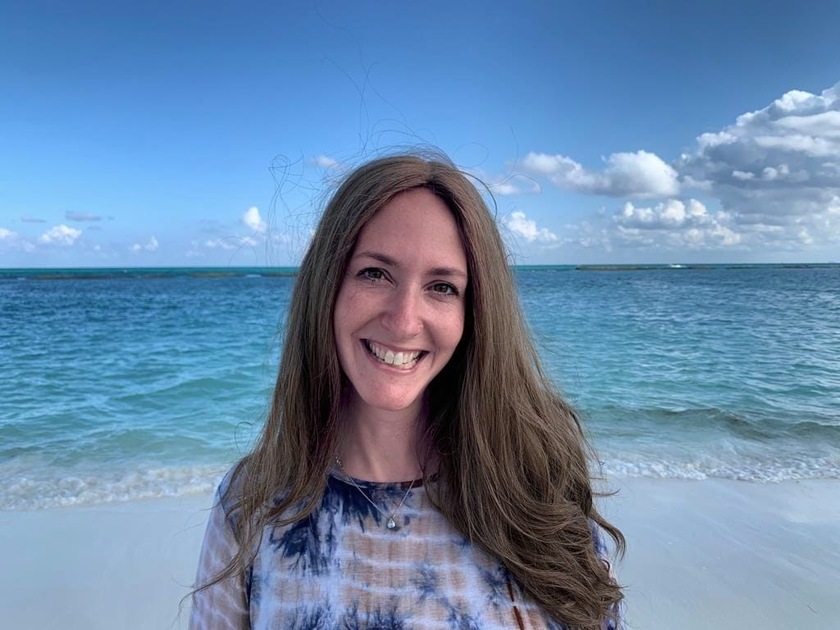A few years ago, I got a call from a mother, distraught over something that was happening at her kids’ school.
Her 12 year old daughter was in avelus, and the school had told her that she needed to wait in the office, while her grade practiced for a music and dance performance. The girl felt like she was being punished for being in mourning and was devastated. The mom asked me to call the school and speak with them. I called the school, and asked if the story I heard was true, and they said yes, she’s not Halachically allowed to participate in the performance. I explained that while that may be technically true, imposing it on the family this way was being experienced as cruel and heartless (which I actually believe it was) and would be psychologically harmful to the student.
The principal asked what I suggested they do instead. I said that I’m not a Rabbi but I can’t imagine this is what G-d wants. It’s the family’s job to mourn how they choose to observe mourning, not the school’s job to impose it on them, especially in a way that confuses and humiliates a child. And if the school honestly couldn’t handle letting this girl participate in the program with her friends, then maybe the program should be postponed.
The principal called a Posek, who told them that if a mental health professional would state that if preventing the girl from joining the rehearsals could harm her relationship to Judaism in the future, then she should be invited back to join her friends. I told them I was quite confident that that this was the case. I found it disturbing that this intervention was necessary in the first place, but thankfully, the student was allowed back into her group.
A child in mourning is a heartbreaking thing- deserving of the utmost empathy.
We’ve been feeling broken lately- individual losses, national losses, and loss as a global community.
There have been so many broken hearts.
Two of the five tragedies we commemorate today involve destroying the Torah.
At the very end of the Chumash, Rashi comments that the final words of the Torah imply G-d giving Moshe “yasher koach” on breaking the luchos.
Yasher koach on destroying the Torah? How could that be?
Maybe the message is that after learning the entire Torah, we need to understand that there are some circumstances where, for the survival of klal Yisrael, it needs to be broken.
Moshe saw the Jews, who in their fear and trauma, turned away from G-d, and made a grave error. He could have turned against them. But in order to protect their long term relationship to G-d and Torah, he broke the Torah itself. Not only was he not punished for this- he got a “yasher koach” from G-d Himself.
A person who breaks Shabbos to save a life is a hero, not a sinner.
The words shever means broken but it also means both sustenance and hope.
The word luchot means tablets, but it can also refer to a calendar and the heart.
In the brokenness of our hearts, and sometimes of the Torah itself, we can sometimes find the sustenance and the hope to shift gears, to change the calendar itself, to come back, and turn these days from sorrow to join, from mourning to salvation.
Check out my new course!
A Religious Families Guide to Healthy Holy Sex Education: Sacred Not Secret
Elisheva Liss, LMFT is a psychotherapist in private practice. Her book, Find Your Horizon of Healthy Thinking, is available on Amazon.com. She can be reached for sessions or speaking engagements at speaktosomeone@gmail.com More of her content can be found at ElishevaLiss.com
 Previous
Previous

